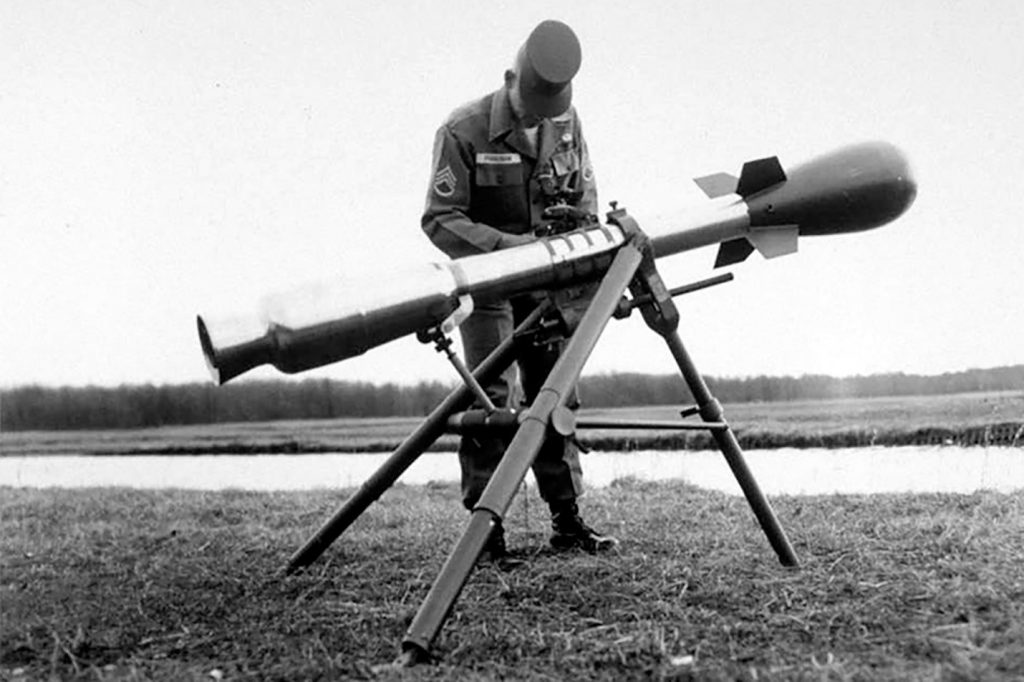
As anyone who has been following the Ukrainian conflict knows, Western observers tend to quote Ukrainian defense sources (official ****sky or officer ****chuk, so and so). More info is said to have come either from “British Intelligence” (apparently a stand-in for DoD and the CIA) or “The Institute for the Study of War” (an outfit of which, in all my forty-something years as a defense analyst, I only learnt existed after the war got underway).
By contrast, Russian sources are pro-Russian. Or else their authors would be in jail and the texts, not online. To the extent I can make them out, they emphasize the historical background, the wickedness of the West (which is trying to subdue everyone else), the justice of the Russian cause, the Russian people’s determination to defend their glorious Russian motherland, Nazis in Kiev, etcetera. In many ways not so different from Soviet propaganda during World War II.
Western sources, especially those allegedly associated with “British Intelligence,” tend to be pro-Ukraine and anti-Soviet. Along with a great many representatives of the Western media who are running all over the place, they love pointing out Russian weaknesses: in manpower (no question, on either side, of womanpower playing any role except as auxiliaries, refugees and victims), in munitions, in technology, in economic resources, in international support, in fighting spirit, in sheer goodness of heart.
The “facts” all these Western sources adduce seem to be of two kinds. On one hand we keep being reminded that Russia is far bigger than Ukraine, that its population is three to four times larger, that it has often proved its staying power in the past, and so on. On the other we get anecdotes: such as stories untrained Russian soldiers, unwilling Russian soldiers, old Russian soldiers, young Russian soldiers, Russian logistic difficulties, crude Russian technologies that do not work, etc. etc. The Russian economy suffering badly, the Russian economy holding up “surprisingly well.”
In between those two kinds, hardly anything worth mentioning. A cruise missile here, a drone there, killing a few people and/or damaging a base or an installation. Whether this kind of “evidence” is real or invented, significant or insignificant, representative or incapable of being generalized, is impossible to say.
With all this in the background my own prognosis, here repeated for those who have not yet understood, is as follows. It is true that all wars must end; even the Hundred Years War did. On the other hand, no one says that they have to end with a victory on either side. Absent a victory, the war could go on for a long, long time to come.
Conversely, a victory, if and when it comes, could result from one of two developments. They are as follows:
- The West, headed by the US, has enough. It puts pressure on Ukraine to negotiate, just as it did in 1973 (when it forced South Vietnam to give up), 1991 (when it abandoned Iraq’s Kurds), 2011 (when it got out of Iraq), 2019 (when it abandoned Turkey’s Kurds), 2021 (when it gave up on Afghanistan), and many other occasions. Some Republicans in particular would like nothing better, especially if it could help them boot Joe Biden out of the White House.
- Ukrainian and Western pressure increases to the point where Putin is overthrown and replaced by some other scoundrel. This, in turn, may lead to one of two outcomes.
-
- A. Not being as closely associated with the war as Putin is, the successor negotiates a settlement consisting, essentially, of a restoration of the status quo ante (whatever that may mean).
- Desperate but furious, the scoundrel in question resorts to first threatening, then using, nukes; first tactical ones, then perhaps strategic; First against military targets, then against civilian ones as well
Boom, Boom, Boom.
